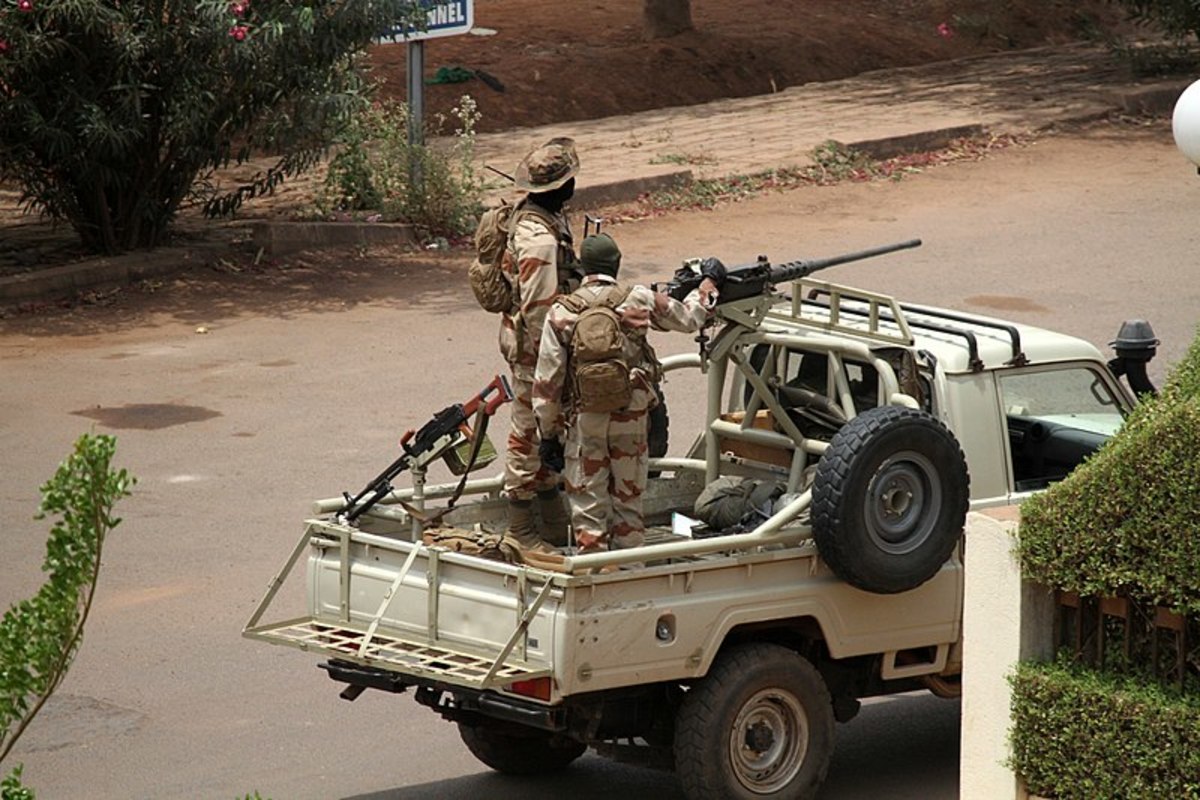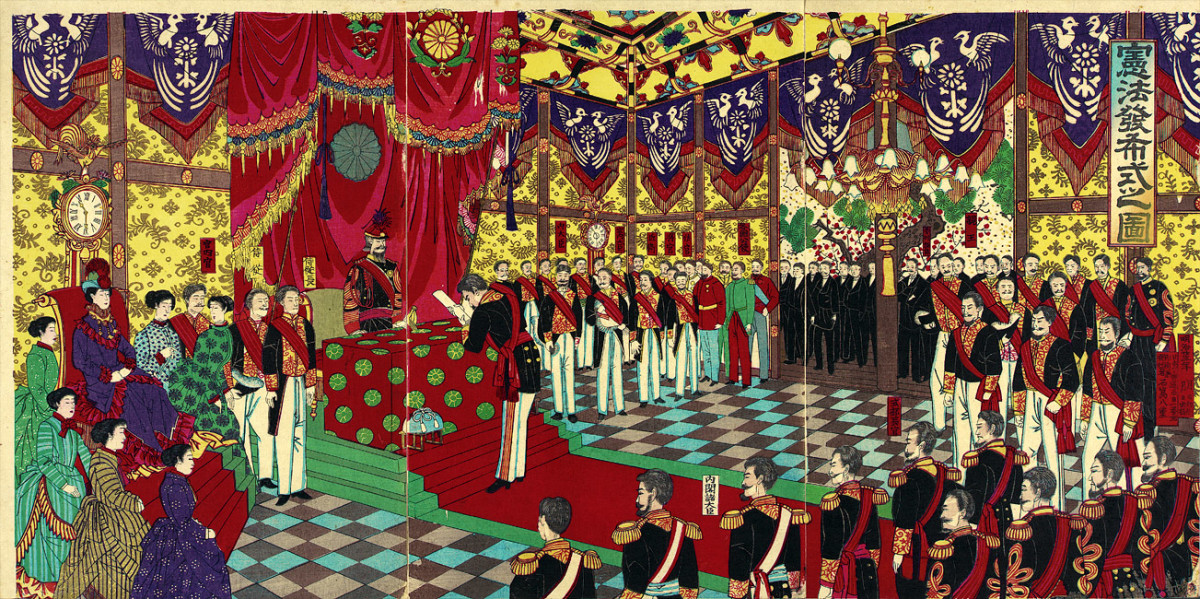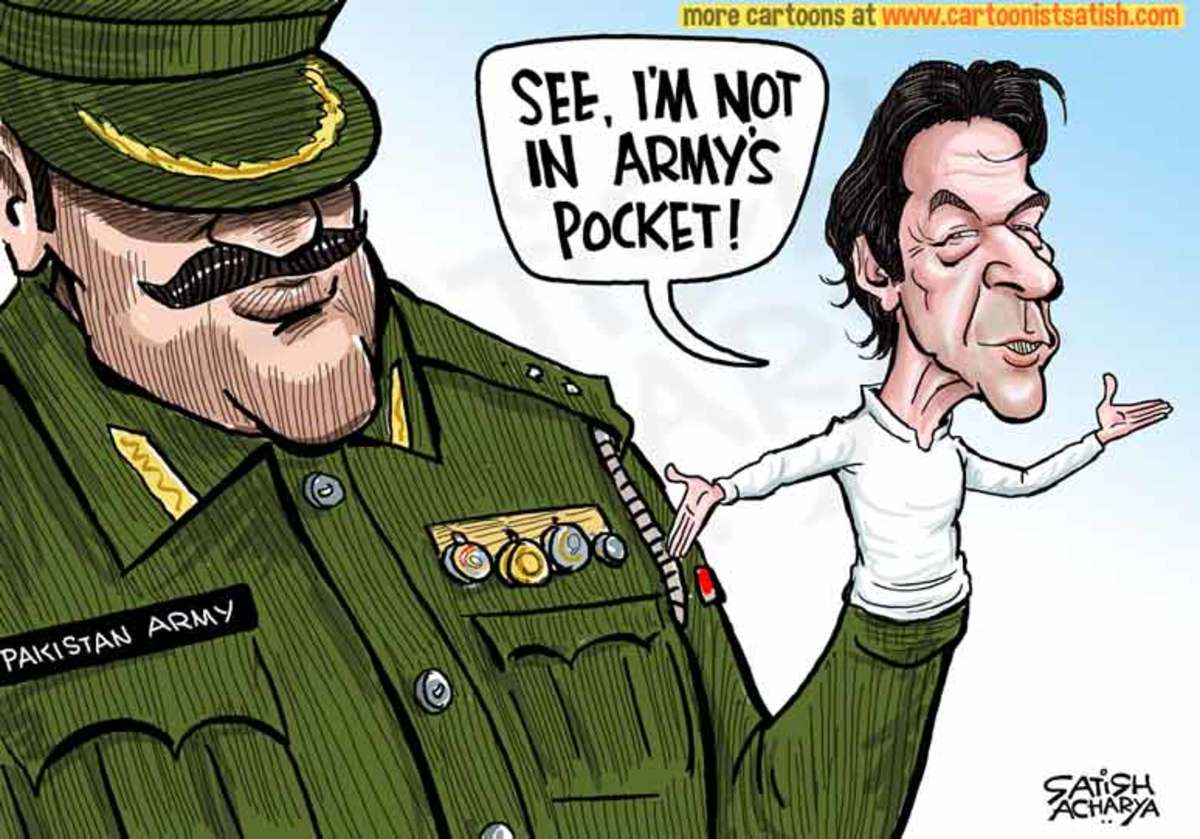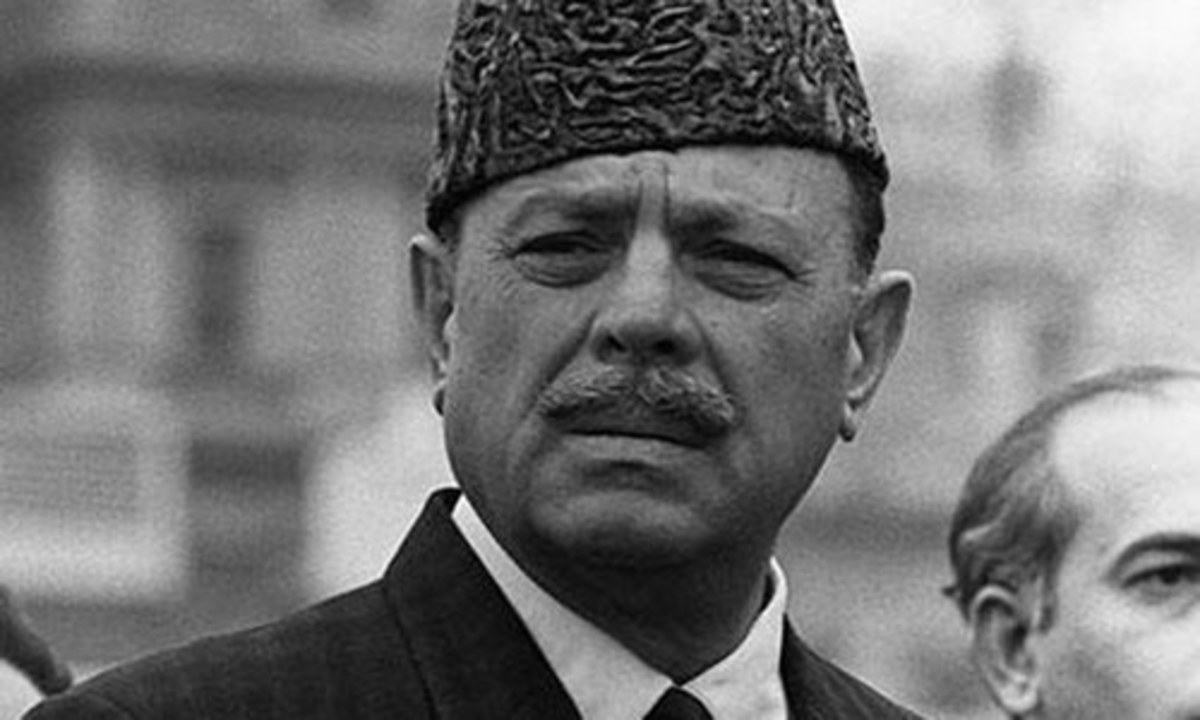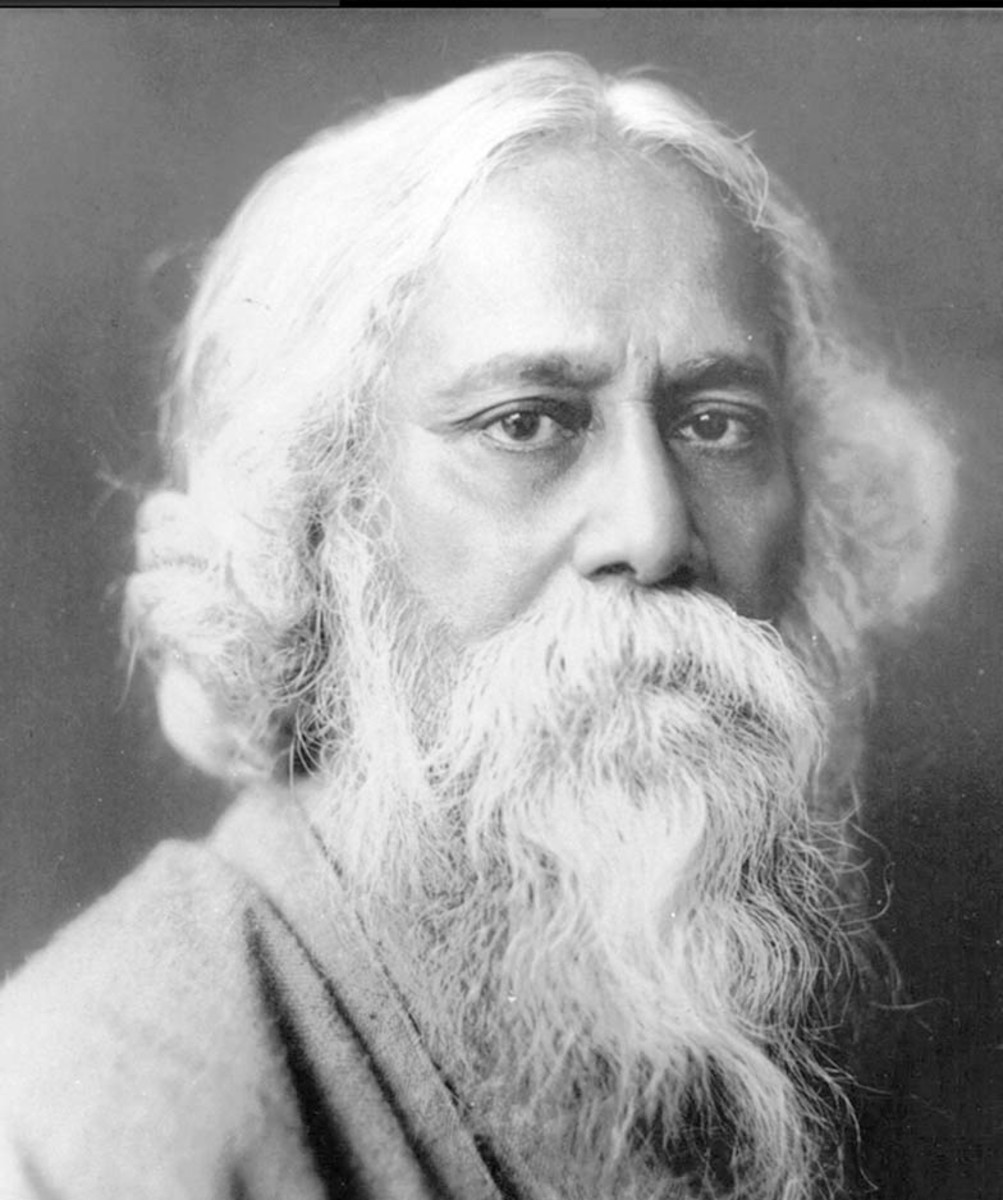The Political System of Pakistan
Pakistani Political System
Political and Religious Positions:
Pakistan was first established on August 14 in 1947. Before this time the nation belonged to the area of land colonised as British India. In 1947 Pakistan became an independent nation as did India.
Pakistan was founded by lawyer and politician Muhammad Ali Jinnah, who was a member of the Muslim League and believed in upholding Muslim political power.
Religious composition of Pakistan:
97% Muslim
– 77% Sunni-Muslim
– 20% Shi-a-Muslim
Remaining 3% Christian, Hindu, Sikh or other beliefs.
Government of Pakistan:
The Government in Pakistan is a Federal Democracy. The Government is made up of a bicameral federal legislature containing 2 houses: the Upper House is the Senate and the Lower House is the National Assembly. The President is the head of State and must be a Muslim to take this position. The President is elected by an electoral college consisting of members from the 2 governmental houses. The President may serve for 2 consecutive terms, each lasting 5 years. The Prime Minister is the head of Government and appointed by the President from the members of the National Assembly. The Prime Minister is additionally assisted by the Federal Cabinet, which is made up of Federal and non-Federal Ministers and Advisers.
The Senate has 100 seats, of which 88 come from the 4 Provinces, and the remaining 12 come from Islamabad and the Tribal Areas. Women are allowed approximately 20% of seats in the Senate and are able to contest the general seats as well.
The National Assembly has 342 seats; of these women are allocated 60 seats and non-Muslims 10 seats.
Presidential Power:
The President usually acts on the advice of the Prime Minister but also has residual powers to act alone and dissolve the National Assembly, thereby removing the Prime Minister, as he sees necessary.
This aspect of government was established during the time of former President Muhammad Zia-ul-Haq’s in 1985 as part of the 8th Amendment of the Constitution, which gives the president absolute power. This may occur if the President believes that a the Prime Minister can no longer lead the National Assembly or a situation arises in which the government cannot operate in accordance with the Constitution.
Islam in Government:
President Zia also increased the involvement of Islam in the Pakstani Government in a 1984 Referendum where he asked the people of Pakistan if they were in favour of the enforcement of Sharia or Islamic Law. The result of this Referendum can be seen in the Shariat or Islamic Court, which enforces laws relating to Islam and assesses whether State laws comply with Islam.
Military in Government:
The Military is a long standing force within politics in Pakistan. Many of the Presidents have served in the Army and become Generals. There have also been many military overthrows of government during the time since Pakistan’s independence.
The current head of State is General Pervez Musharraf, who was never elected as President but came to power after a military take-over of government in 1999. President Musharraf led the nation as both a governmental and military leader for many years before both national and international pressures pushed him to resign as Army Chief of Staff on November 28th 2007.
Kashmir:
Pakistan’s position regarding Jammu & Kashmir is in accordance with the UN Security Council Resolutions that state the developments and changes to be made in this region will be made according to the will of the people. Pakistan is committed to this position until a resolution can be found between Pakistan, India and the people of Jammu & Kashmir.
The struggle for Kashmir began in 1947 when Pakistan and India became independent states and the Hindu ruler of Kashmir refused to join India. The Muslim population then overthrew their leader and established an independent government.
Pakistan wants to work with the Kashmiri people as well as India in reaching a sustainable solution and is receptive to the goals of the Kashmiri people. Pakistan is also willing to take a bilateral approach in working with India in order to begin constructive dialogues regarding Jammu & Kashmir.
Defense:
President Zardari says Pakistan is a peaceful country, but a strong national defense is important in maintaining peace. President Zardari also believes that the defence force in Pakistan is necessary to support the economic development of the country. The President believes in democracy and is leading Pakistan towards the goal of becoming a ‘progressive, moderate and Islamic State’
Pakistan’s Foreign Policy:
Pakistan’s foreign policy as proclaimed by Quaid-e-Azam Muhammad Ali Jinnah, to the people of the USA in February 1948: “Our foreign policy is one of friendliness and goodwill towards the nations of the world. We do not cherish aggressive designs against any country or nation. We believe in the principle of honesty and fair play in national and international dealings and are prepared to make our utmost contribution to the promotion of peace and prosperity among the nations of the world. Pakistan will never be found lacking in extending its material and moral support to the oppressed and suppressed peoples of the world, and in upholding the principles of the United Nations Charter.”
(Muhammad Ali Jinnah 1948, in Ministry of Foreign Affairs 2008a)
Five Principals of Friendly Co-existence:
•Mutual respect for the independence, sovereignty, equality, territorial integrity and national identity of all nations; •The right of every state to lead its national existence free from external interference, subversion or coercion; •Non-interference in the internal affairs of one another; •Settlement of differences or disputes by peaceful means; and the •Renunciation of the threat or use of force;
(http://www.aseansec.org)
Member organizations:
–United Nations; –Organisation of Islamic Conference (OIC); –South Asian Association for Regional Cooperation (SAARC); and the –Economic Cooperation Organisation (ECO); (Ministry of Foreign Affairs 2007, p.1)
Islam in constitution:
The Constitution of the Islamic Republic of Pakistan 1973, Preamble states:
•Whereas sovereignty over the entire universe belongs to Almighty Allah alone, and the authority to be exercised by the people of Pakistan within the limits prescribed by Him is a sacred trust… •Wherein the principles of democracy, freedom, equality, tolerance and social justice, as enunciated by Islam, shall be fully observed… •Wherein the Muslims shall be enabled to order their lives in the individual and collective spheres in accordance with the teachings and requirements of Islam as set out in the Holy Quran and Sunnah. (www.pakistanconstitution-law.com)
Constitution Articles Pertaining to Islam:
Article 31, relates to supporting the Muslims of Pakistan in the Islamic way of life. This includes the provision of facilities and the compulsory teaching of the Holy Quran and Sunnah, as a means of promoting unity and the observance of Islamic moral standards.
Article 40, relates to the strengthening of bonds with other Muslim countries based on Islamic unity and the promotion of international peace and security.
Article 41, states the minimum requirements of an elected president, which include that he must be a Muslim.
Article 227, provides that all existing laws are brought into ‘conformity with the Injunctions of Islam as laid down in the Holy Quran and Sunnah’.
Article 228, provides for the establishment of a council of Islamic ideology (the Islamic Council) and the responsibilities of the president in relation to the establishment of the members of the Islamic Council.
Article 229, refers to the provision that members of parliament may seek advice from the Islamic Council on matters regarding proposed law and whether they are compatible to the Injunctions of Islam.
Article 230, provides for matters referring to the functions of the Islamic Court.

